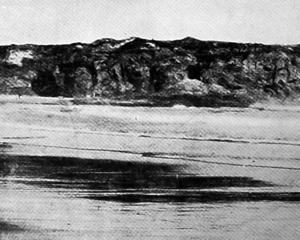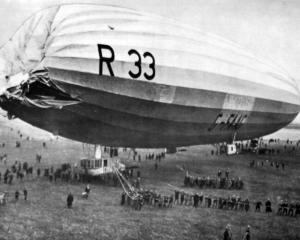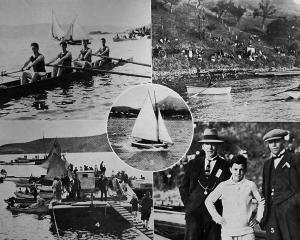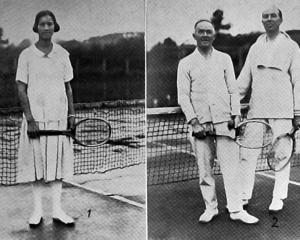For the first time in Otago a selection will have to be made, and the men picked to go will be notified that they are to proceed to Trentham by the special train leaving Dunedin on Saturday next at 11.45 a.m.
A few extra men will also be asked to parade to take the places of any of the picked men who should fail to turn up, but such emergencies will be men who will not be inconvenienced, and who will be able to return to their work should no vacancies occur.
• Lieutenant colonel Stoneham (chairman of the Recruiting Committee) expressed great satisfaction with the position of recruiting in Otago as revealed by the latest returns, and expressed the opinion to an Otago Daily Times reporter that it was largely the result of the efforts of the Recruiting Committee during the past few months.
A remarkable feature of the position, he said, was the shortness of the space of time in which the quota had been pulled from a decided shortage into a superabundance. A few days ago there appeared to be, in the ordinary course of events, a great likelihood that the Otago quota for the 7th Reinforcements would be sent away short.
That the young men of the province only required awakening to a sense of their responsibility was shown by the fact that when the likelihood of a deficiency had been pointed out in the newspapers, they at once volunteered in such large numbers that they more than supplied the want.
It was probable that the special effort made a fortnight ago throughout Otago to obtain recruits for the new unit had stimulated recruits for the later contingent. But for that special effort he thought that the quota for the new unit would have been shorter by far more than 50, as it was.
In view of the latest position, he thought that Otago could now be claimed to be doing more than her share on a population basis.
The committee would go on with its efforts to obtain recruits, and he hoped that the present satisfactory state of affairs would continue, and that the Otago quota for future contingents would not again lapse into a shortage.
• Major general Stuart Wortley, commanding a British corps in France, describes the horrors resulting from the use of gas at Ypres. He says: ''The public cannot have the slightest idea of the last damnable effort on the part of the Germans to disregard all the laws of humanity and civilisation. I have seen our men in the hospitals after being brought from the trenches.
''There is no need to inquire the number of their ward; the groaning is sufficient direction. In one ward there were 18 cases, and the men were sitting bolt upright or swaying backwards and forwards, gasping for breath.
''Their faces, hands, and cheeks were a shiny black colour, and their eyes were glazed. They were absolutely unable to speak or feed themselves. During the two days it takes these men to die they suffer most acute agony.
''If by the slightest chance they recover, the probability is that they will be useless for the rest of their life, as the effect of the gas turns the tissues of the lungs into liquid. It is the most hopeless, helpless, sickening sight imaginable.''
- ODT, 8.6.1915.












